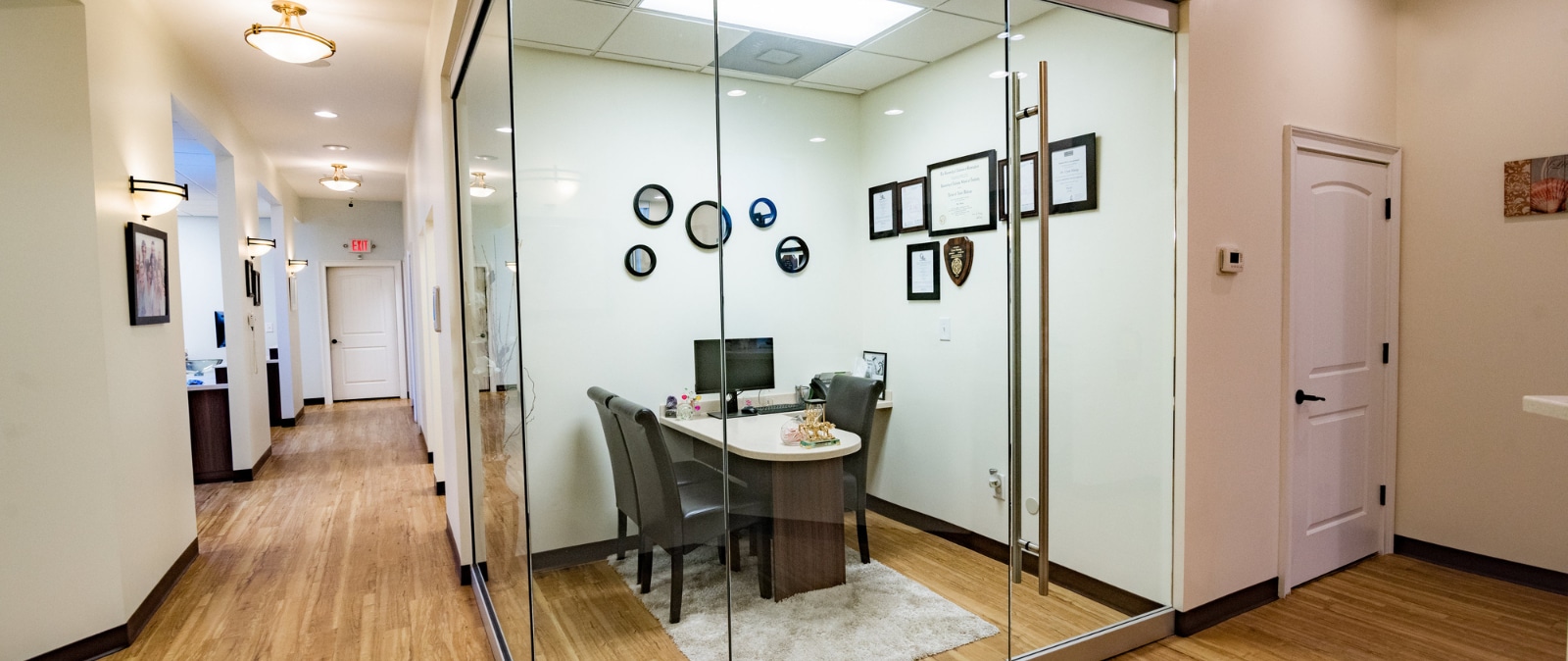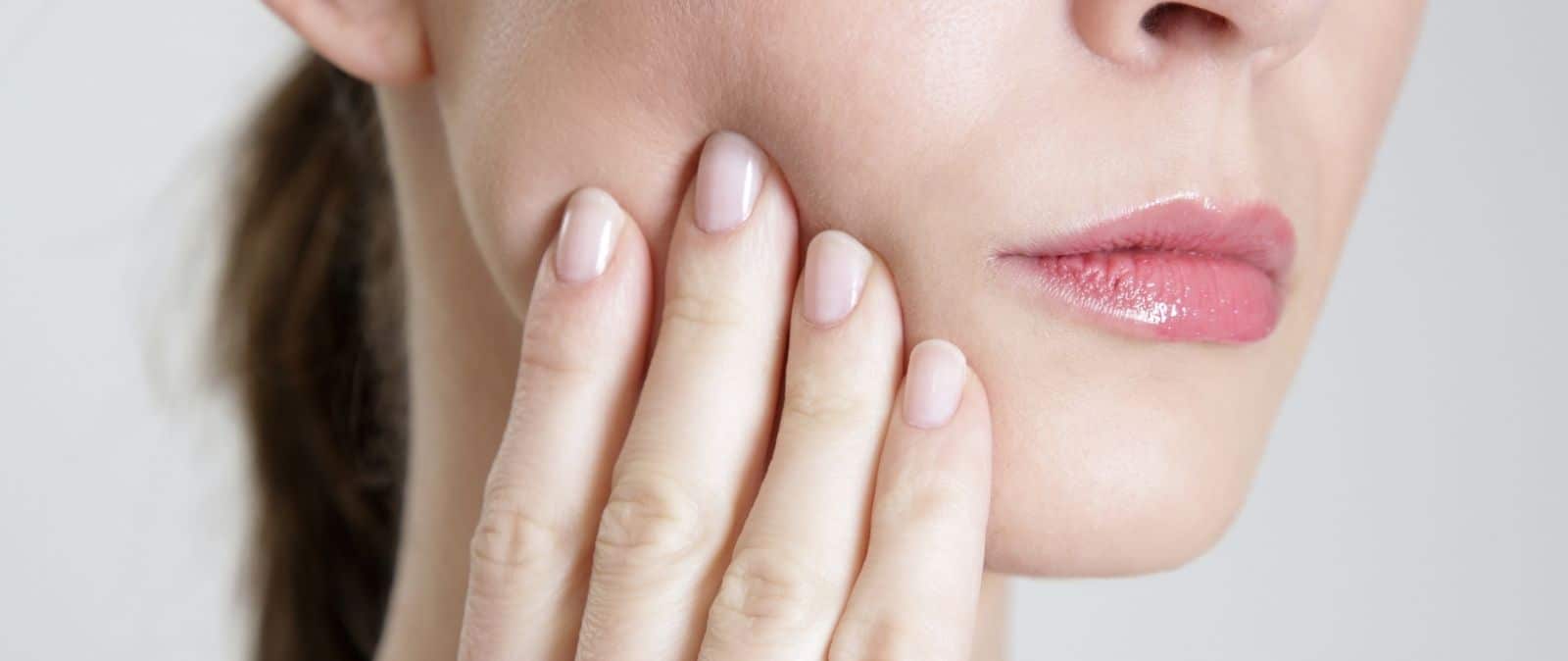- Deep Cleaning vs. Regular Cleaning
- September 15, 2021
- In Oral Health
Deep Cleaning vs. Regular Cleaning
Teeth cleaning should be done on a regular basis for the sake of cleanliness and oral health. As follows, it keeps the teeth looking nice while also ensuring healthy and strong teeth. When teeth are not cleaned, they grow weaker and more vulnerable to infections. Additionally, our dentist 30620 explains this can also result in tooth loss. To minimize tooth loss, it is critical to treat cavities and keep periodontal disease at bay. While normal cleaning focuses on the gum line to scale and polish the outer surface of the teeth, deep cleaning entails eliminating bacteria colonies and tartar from the roots.
What is Deep Teeth Cleaning?
Dr. Uyen Hoang, the best dentist in Bethlehem GA, explains that sometimes teeth need a deep cleaning. As follows, this is a dental procedure that involves cleaning the teeth from the gum line down to the roots. Thus, it is usually suggested for individuals who have tartar buildup on the exterior and roots of their teeth, leading to bacterial infections of the gums. In addition, deep scaling is done beneath the gum line with a dental scaler to remove tartar (through manual scraping) from the teeth. It entails the use of an ultrasonic instrument to remove plaque from the surface of the teeth.
Additionally, our dentist office in Bethlehem GA notes that root planing is the process of repeatedly pressing the roots to eliminate rough areas that cause gum infections by trapping and retaining germs. Importantly, this procedure is essential for keeping gums clean and healthy and facilitating gum reattachment to teeth. If your gums are red and swollen, you may have an infection and require deep dental cleaning.
Regular Dental Cleaning vs. Deep Cleaning
The primary distinction between normal dentist teeth cleaning and deep dental cleaning is that the former is less thorough. Regular cleaning is performed to preserve the cleanliness of the teeth in order to avoid cavities and gum disease. The tartar is removed with a scaler since it has not yet infiltrated the gums. When tartar buildup gets excessive, it can only be eliminated by deep dental teeth cleaning.
A thorough cleaning of the teeth goes beyond the surface of the tooth to remove calculus and debris that has accumulated in the roots of the teeth. Unlike normal cleaning, the sessions are extremely rigorous and occasionally need more than one visit (which takes just a couple of hours.) The cleaning required is thorough, and the dentist must monitor the teeth and gums before declaring the procedure a success. Some patients with sensitive teeth or periodontal disease must be treated with caution, necessitating several sessions.
Root planning is only performed during thorough dental cleanings and not during routine cleanings. As a result, it is a key differentiator between the two kinds. To deter microorganisms, your Bethlehem GA dentist uses a special tool to clean deep into the pockets to guarantee that tartar and plaque are fully eliminated.
Signs You Need a Thorough Cleaning
Here are some of the causes and circumstances that necessitate a thorough dental cleaning.
- If you have signs of gum disease or infection, such as redness and swelling of the gum line, bleeding when brushing, persistent bad breath, loosening of the teeth from the gums, and pus in the gum region.
- Additionally, if you go to a hygienist and he or she advises thorough teeth cleaning.
- If you have already suffered from gum disorders such as gingivitis and periodontitis.
- Sometimes, when patients have neglected to see a dentist, they are required to get a deep cleaning to remove buildup.
- Lastly, OG Dental, Denver CO dentist, explains that if your gum pockets expand above 5 millimeters in-depth, you may be in danger of periodontal disease. Thus, this necessitates a deep dental cleaning.
Preliminary Discussion for Deep Cleaning Teeth Procedure
The dentist will engage the patient in a discussion to find out and document any changes to one’s dental history and if they are on any medication. Depending on the specialist’s assessment, he may prescribe additional procedures such as an X-ray for a more thorough inspection.
Scaling
If the dentist finds that the gum pockets are within the usual range of depth, he or she will physically scrape plaque and tartar off the tooth surface using an ultrasonic instrument.
Polishing
The dentist will polish the teeth using gritty toothpaste (of the patient’s choosing), followed by the use of an air polisher to smoothen the surface even more.
Flossing
Flossing can be done using string floss, dental picks, and small brushes that can reach between the teeth.
Fluoride Treatment
After that, the teeth will be washed with a mix of liquid fluoride and fluoride varnish to treat the teeth and remineralize the enamel.
Does a Deep Dental Cleaning Hurt?
While some patients, particularly those with deep sockets, may suffer pain, the discomfort is usually tolerable. Scaling and root planning may cause discomfort in the gums and teeth. Dentists employ a local anesthetic (such as a topical gel anesthetic) to numb your gum region as he performs the operation to avoid the discomfort and sting of the needle.
Contact Gentle Dental Group Today
Think you may need a deep cleaning? Contact Gentle Dental Group today. Our gentle dentistry would love to help you transform your dental health.







